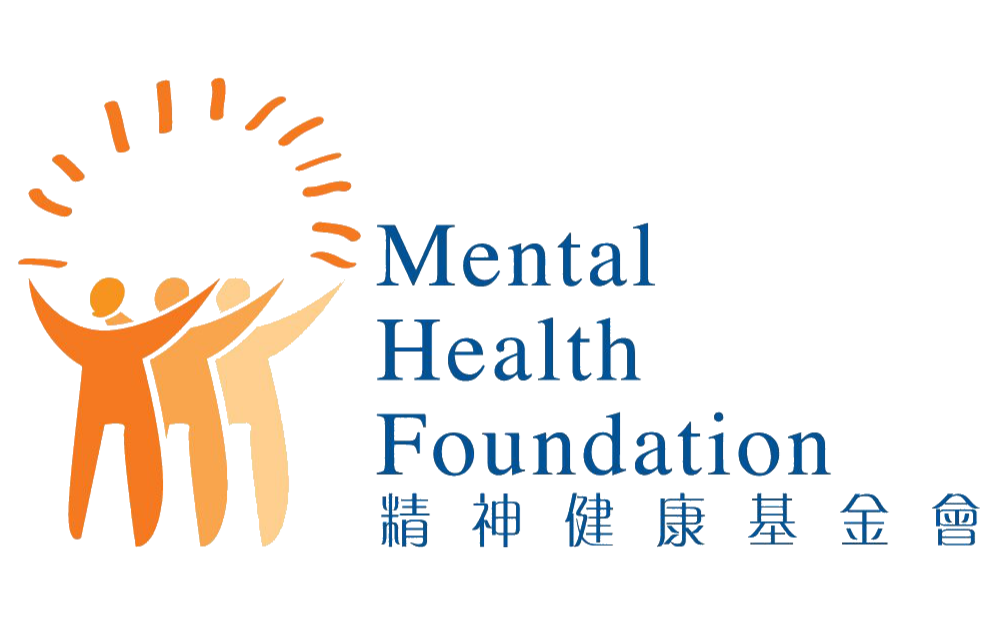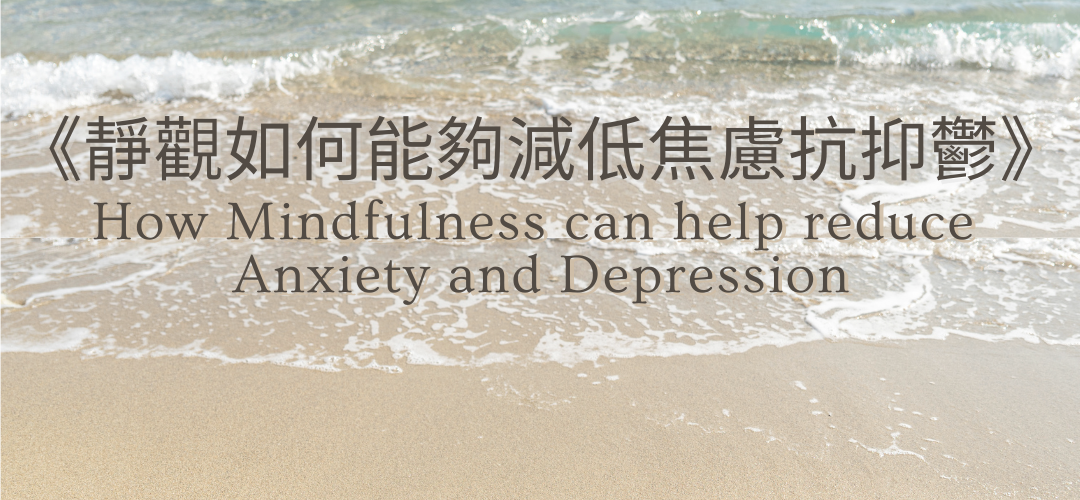Author: Dr. Wong Wai Yin Elisabeth
Our bodies perceive changes and uncertainties as stressors. When stress is short-term and of low to moderate intensity, it motivates us to improve and grow. Yet, when the intensity and duration of stress exceed our ability to cope, physical and emotional health will suffer. Our individual physiology, personality, and stress coping strategies all modulate the likelihood of developing mental health problems. In a fast paced city like Hong Kong where working hours are long, 13.3% of adults are experiencing common mental health problems such as anxiety and depression (Lam et al., 2015)
Recent scientific studies on mindfulness have shown positive effects in stress reduction while lowering the risk of anxiety and depression recurrence (Hofmann et al.,2010) The practice of mindfulness, therefore, has become increasingly popular in medical psychotherapy, self-help books, and body-and-mind activities in the community (Tang et al., 2015)
Professor Jon Kabat-Zinn, the founder of Mindfulness-Based Stress Reduction, described mindfulness as ” ‘the awareness that arises through paying attention, on purpose, in the present moment, non-judgementally …in the service of self-understanding and wisdom.”. Practicing mindfulness is not difficult, as the ability to be mindful is innate in all of us. However, we easily forget about it in the midst of our busy and competitive lives. Have you ever tried doing everything you can to achieve a goal with the belief that “I can only be happy/not anxious if I/my child/my parents/my partner can get/become…”? While there is nothing wrong with striving towards your goals in life, making your life satisfaction contingent upon achieving such goals is problematic.
When things go our way and we achieve what we set out for, we certainly experience pleasure or relief. However, these feelings, like all feelings, do not last. Our minds will already befocusing on the next goal to achieve, and measuring ourselves between where we are, and where we would like to be. This inevitably creates a vicious cycle of anxiety and dissatisfaction. More often than not, results fall short of our expectations and we might feel disappointment or even self-blame.
Another shortcoming of the making our happiness contingent upon outcomes is that we would be blind to all the people and things in our lives that have nothing to do with our “pursuit of goals. . When we live mindlessly, we miss the opportunities to notice and savour the precious moments in life. . Life is so much more than a checklist of goals. The present moment is all we have to enjoy the richness of life.
For more information regarding mental health, please visit our Hong Kong Mental Health Foundation Information Platform.
eplatform.hkmhf.org
Acknowledgements:
Supported by the Jebsen Group Charitable Fund
Psychiatry Specialist Dr. Wong Wai Yin Elisabeth
Reference:
Lam, L. C.-W., Wong, C. S.-M., Wang, M.-J., Chan, W.-C., Chen, E. Y.-H., Ng, R. M.-K., Hung, S.-F., Cheung, E. F.-C., Sham, P.-C., Chiu, H. F.-K., Lam, M., Chang, W.-C., Lee, E. H.-M., Chiang, T.-P., Lau, J. T.-F., van Os, J., Lewis, G., & Bebbington, P. (2015). Prevalence, psychosocial correlates and service utilization of depressive and anxiety disorders in Hong Kong: the Hong Kong Mental Morbidity Survey (HKMMS). Social Psychiatry and Psychiatric Epidemiology, 50(9), 1379–1388. https://doi.org/10.1007/s00127-015-1014-5
Hofmann, S. G., Sawyer, A. T., Witt, A. A., & Oh, D. (2010). The Effect of Mindfulness-Based Therapy on Anxiety and Depression: A Meta-Analytic Review. Journal of Consulting and Clinical Psychology, 78(2), 169–183. https://doi.org/10.1037/a0018555
Tang, Y.-Y., Hölzel, B. K., & Posner, M. I. (2015). The neuroscience of mindfulness meditation. Nature Reviews. Neuroscience, 16(4), 213–225. https://doi.org/10.1038/nrn3916


